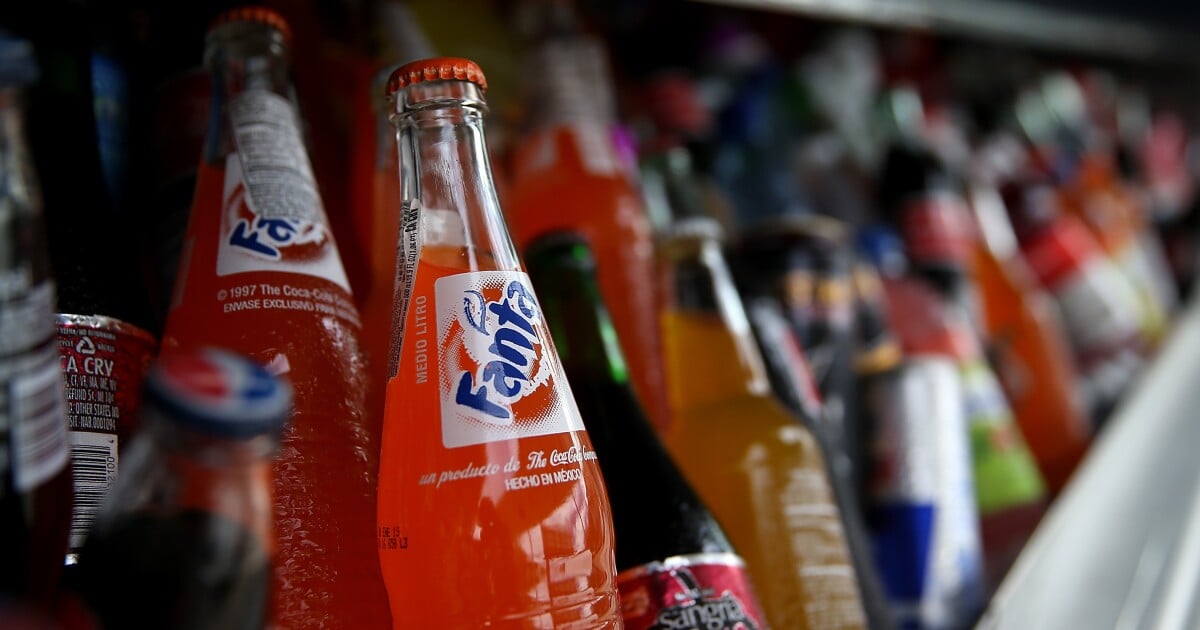Sales of sugary drinks fell dramatically across five U.S. cities, after they implemented taxes targeting those drinks – and those changes were sustained over time. That’s according to a study published Friday in the journal JAMA Health Forum.
Researchers say the findings provide more evidence that these controversial taxes really do work. A claim the beverage industry disputes.
The cities studied were: Philadelphia, Seattle, San Francisco and Oakland, Calif., and Boulder, Colo. Taxes ranged from 1 to 2 cents per ounce. For a 2-liter bottle of soda, that comes out to between 67 cents to $1.30 extra in taxes.
…
Kaplan and his colleagues found that, on average, prices for sugar-sweetened drinks went up by 33.1% and purchases went down by basically the same amount – 33%.



So do 100% orange juice/grape juice have the same taxes? Because these are just as sugary, if not more so, than soda. Sugar is sugar, doesn’t matter the source. If they’re not taxed the exact same way as soda, then this is a bullshit tax that shouldn’t survive a challenge in court.
I’m not a fan of juice for the reasons you point out. But soda provides pretty much no nutritional value, it’s just pure sugar. At least with juice you get some other nutritional benefits. . .although, you should obviously get that from eating it and not drinking it.
But I think the tax laws are, generally speaking, if they don’t include juices, are for drinks with added sugar/sweeteners which would exempt 100% juice. This would probably pretty easily hold up in court.